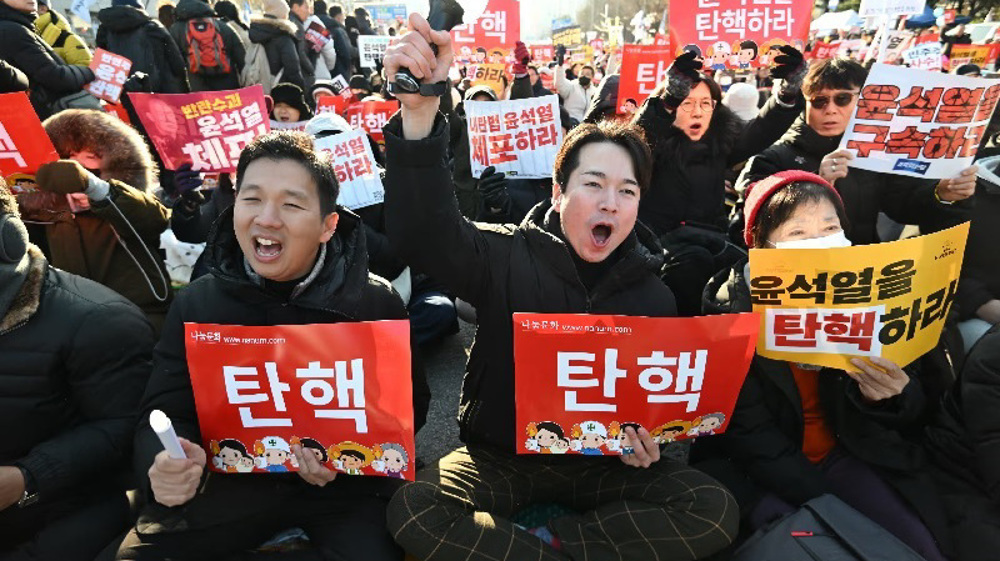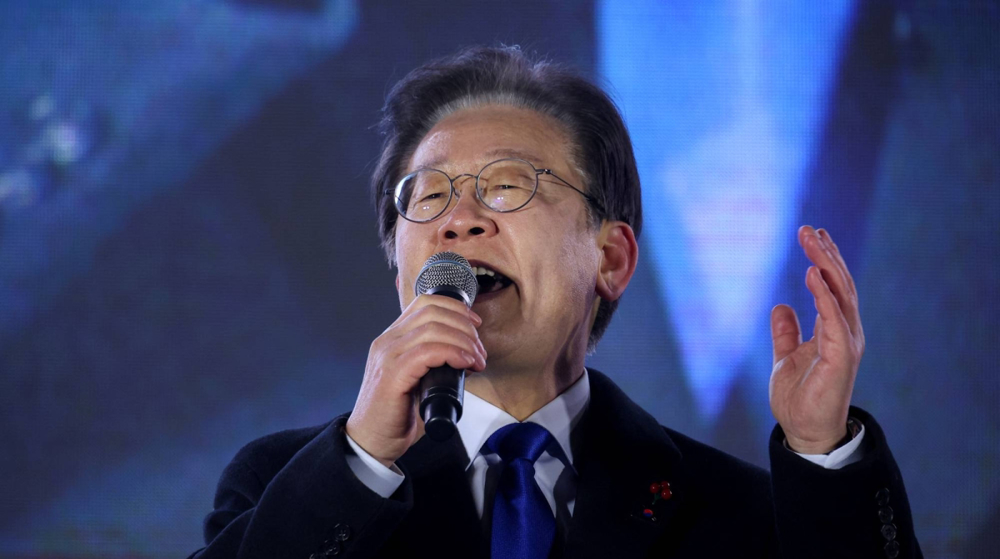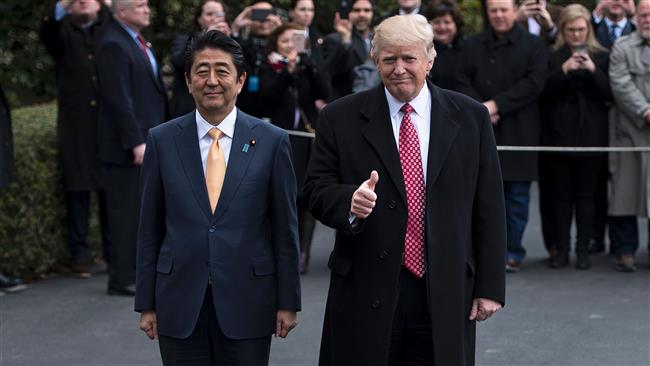UN to hold urgent meeting on North Korea missile test
The United Nations Security Council has announced an emergency meeting to discuss North Korea’s recent launch of a nuclear-capable ballistic missile.
The United States, Japan, and South Korea on Sunday requested the meeting on an “urgent basis.”
North Korea launched the missile near the western city of Kusong on Sunday. It flew east about 500 kilometers before falling into the Sea of Japan, according to South Korea’s Defense Ministry.
North Korea’s official Korean Central News Agency (KCNA) later on Monday confirmed that Pyongyang had “successfully” tested a “surface-to-surface medium long-range ballistic missile.”
The North’s leader, Kim Jong-un, “expressed great satisfaction over the possession of another powerful nuclear attack means, which adds to the tremendous might of the country,” the KCNA said.

The missile was reportedly powered by a solid-fuel engine. Thus, it requires a far shorter refueling time than conventional liquid fuel-powered missiles, said Yun Duk-min of the state-run Institute for Foreign Affairs and Security in the South Korean capital, Seoul.
He said such missiles “leave little warning time and therefore pose greater threat to opponents.” They are also harder to detect before launch by satellite surveillance, he added.
The launch has concerned Japan and South Korea and their ally the United States. Japanese Prime Minister Shinzo Abe, who was visiting US President Donald Trump in Florida when the launch occurred, called the test “absolutely intolerable.”

Trump reacted to the test only by saying that the US stood behind Japan, “its great ally, 100 percent.”
South Korea, too, has condemned the test.
North Korea faces international pressure to abandon its arms development and nuclear program. Yet, it says the programs aim to protect the country from US hostilities.
The US has military forces in South Korea and is planning to deploy an advanced missile system there in response to perceived threats from the North. The US also occasionally deploys nuclear-powered warships and aircraft capable of carrying atomic weapons in the region.
Iraq exhuming remains of 100 Kurdish women, children killed by Saddam
Panama rejects talks with US over canal control
HTS rulers name al-Qaeda operative as Syria's new spy chief
Iran voices concern about rising insecurity, violence in Syria
VIDEO | Karachi sit-in amplifies nationwide call for justice for Parachinar victims
Iran strongly condemns Israeli bombing of Yemen's civilian infrastructure
VIDEO | Press TV's news headlines
VIDEO | Israel and Iran’s Nuclear Facilities?














 This makes it easy to access the Press TV website
This makes it easy to access the Press TV website